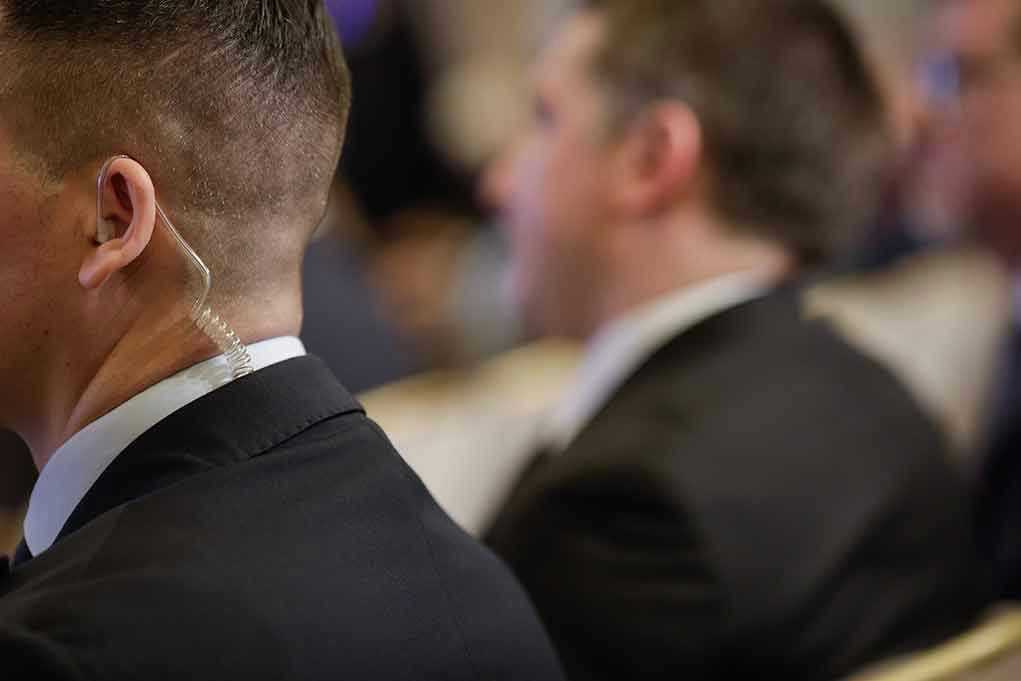
The Secret Service’s decision not to renew former director Kimberly Cheatle’s security clearance raises alarming questions about accountability and the future of national security.
Story Overview
- Kimberly Cheatle’s resignation followed an assassination attempt on Donald Trump.
- Intense scrutiny over Secret Service failures at the Butler rally.
- Bipartisan calls for leadership accountability within the Secret Service.
- Cheatle’s security clearance revocation marks a significant shift in federal protocol.
Unprecedented Leadership Failure
On July 13, 2024, an assassination attempt on Donald Trump at a rally in Butler, Pennsylvania, highlighted glaring failures in Secret Service protocols. Under the leadership of Kimberly Cheatle, the agency faced intense criticism after Trump was wounded, one attendee killed, and two others injured. The security breach, at such a high-profile event, amplified calls for accountability from both sides of the political aisle. Cheatle’s resignation on July 23, 2024, came amid mounting pressure and scrutiny.
Secret Service will not renew former director Kim Cheatle's security clearance https://t.co/JpYvym9lLy
— Fox News (@FoxNews) August 3, 2025
Following Cheatle’s resignation, the Secret Service confirmed on August 3, 2025, that her security clearance would not be renewed. This decision effectively ends her access to classified information and her role in any future federal security positions. The agency’s decision is a clear indication of the severity of the security lapses that occurred under her watch.
Bipartisan Outrage and Calls for Reform
Congressional hearings held between July 14 and 22, 2024, revealed numerous operational failures in the Secret Service’s handling of the Butler event. Lawmakers from both parties expressed rare bipartisan outrage, demanding answers and accountability. The House Oversight Committee grilled Cheatle, questioning her leadership and the agency’s preparedness. The call for her resignation was not only a political statement but a demand for a complete overhaul of the agency’s practices.
Senator Rand Paul accused Cheatle of misleading Congress, an allegation she vehemently denied, calling it “patently false.” Despite this denial, the damage to her credibility was substantial. The Secret Service now faces not only the challenge of restoring its image but also the responsibility of ensuring such a breach never occurs again.
Impact on National Security
The implications of these developments are profound. In the short term, the Secret Service must address a leadership vacuum and morale issues, as agents and staff come to terms with the public criticism and internal upheaval. Long-term, there’s a possibility of significant changes to protection protocols, increased Congressional oversight, and potential legislative reforms.
For political figures and the general public, this incident has eroded confidence in federal protective services. The Secret Service’s credibility is at stake, and restoring trust will require not just internal changes but visible, effective measures that assure the public of their safety at public events.
Calls for Comprehensive Reforms
The Butler incident is being referred to by security experts as the most significant operational failure in decades. This has catalyzed calls for an independent review and modernization of the Secret Service’s threat assessment and response protocols. Some lawmakers are pushing for a complete overhaul of agency leadership, while others emphasize the need for structural reforms rather than individual blame.
As the Secret Service undergoes these changes, it will be crucial for the agency to balance transparency with the need for operational security. The public’s faith in their ability to protect national leaders hangs in the balance, and the agency’s response will determine its future credibility and effectiveness.
Sources:
House Oversight Committee hearing wrap-up
Fox News report on security clearance and resignation
Secret Service official written testimony

















